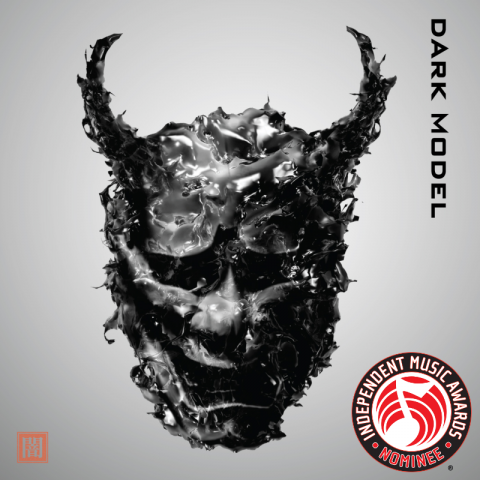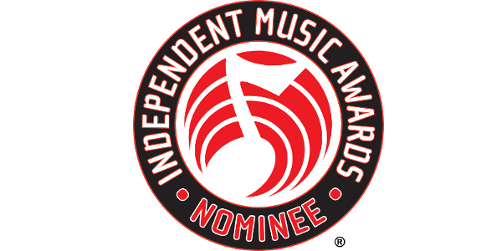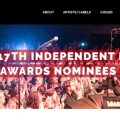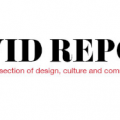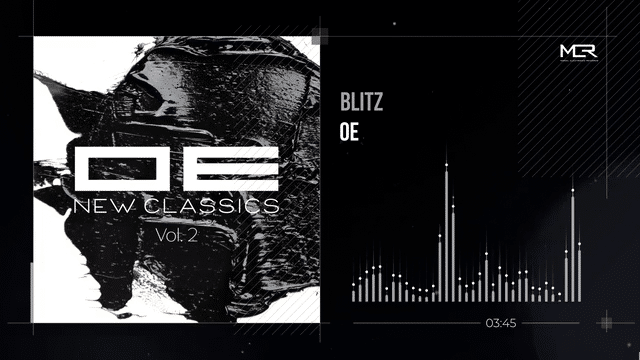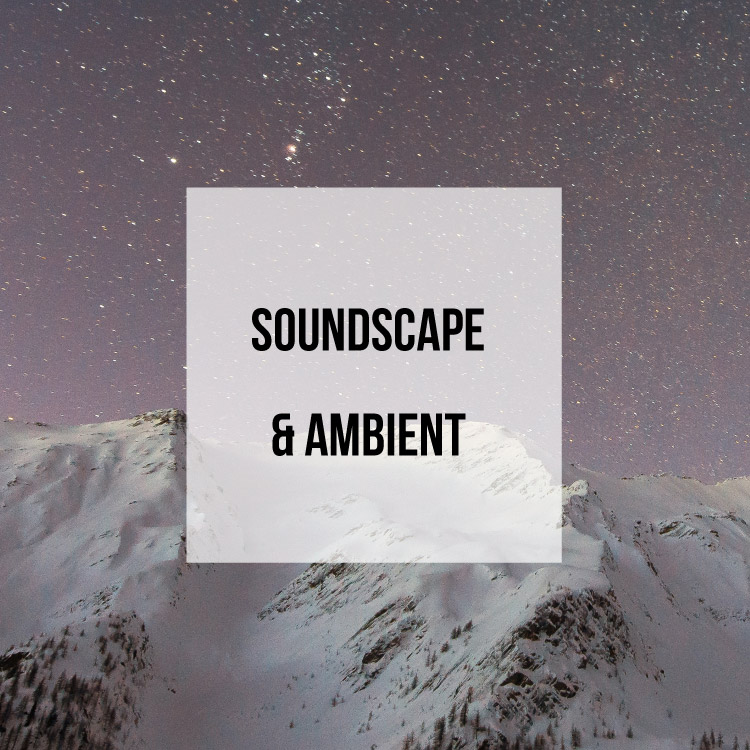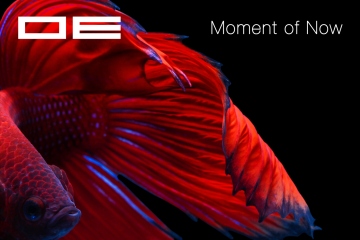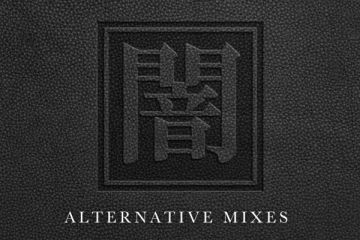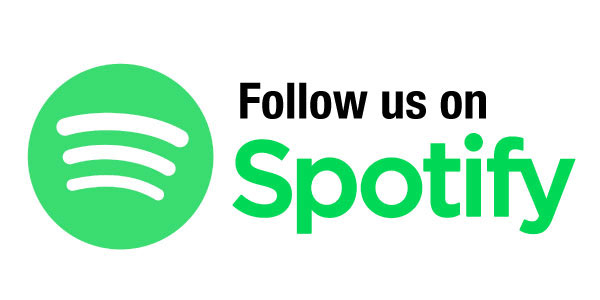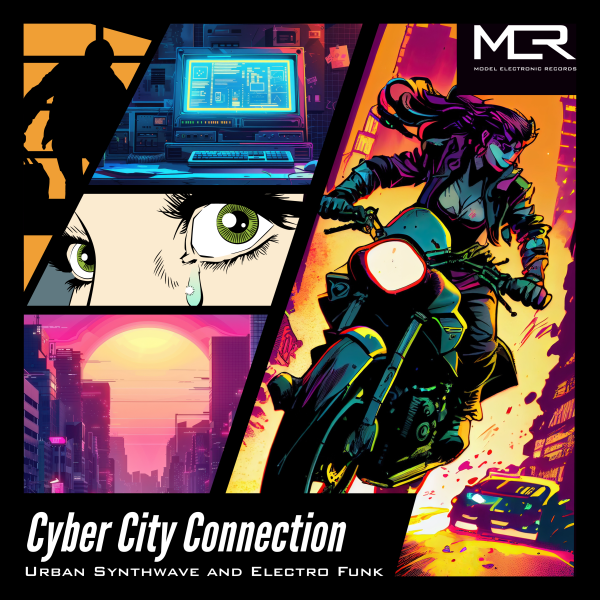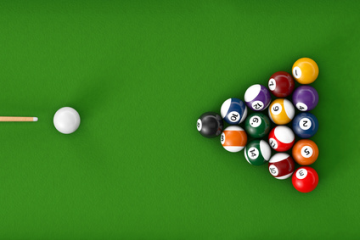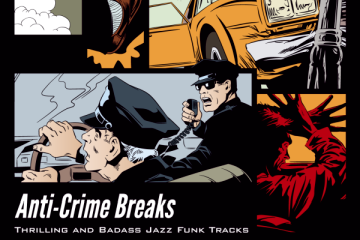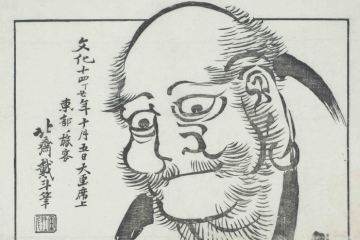The artist page for Dark Model has been launched on the Independent Music Awards website. As it includes Tatsuya’s exclusive Q&A/interview, I hope you will drop by the page and enjoy reading the article.
https://www.independentmusicawards.com/ima/dark-model
(Updated on May 9, 2016) We uploaded the article here as the link on the IMA website has expired.
Who are your influences?: I am hesitant to drop names here, but numerous “game changers” and “risk takers” who have pushed the boundaries of any genre of music in different western and eastern music traditions.
Describe your nominated work: This is my first full album as Dark Model, which focuses on epic, emotional, and edgy beat-oriented orchestral electronic music. Dark Model is the latest project of mine. I have also operated under the name DJ Captain Funk, and I’ve been an electronic music producer for almost 20 years. The basic concept of Dark Model is to make a kind of epic “instrumental narrative” by incorporating a diverse range of musical ideas and elements, ones I’ve been experimenting with throughout my career. While Dark Model’s music may share a certain thematic sound with film soundtrack, my priority with this album was to make music which could stand on its own, not as a subordinate part to any specific film, trailer, advertisement, or other media.
Did you use any unusual effects or instruments in this recording?: I have always been trying new ways of using instruments and sonic effects to push the boundary of electronic music. While this album features many kinds of orchestral instruments, electronic elements, sound effects, and glitch sounds, I made it a point not to sound just like any traditional dance remix or some secondary production of orchestral pieces, but to compose everything from scratch and to give each musical element equal weight. When it comes to unusual instruments, I used a Japanese traditional flute called Shakuhachi in “Prayer for the New Moon,” and featured sounds of a drumline (a marching drum) in “Moment of Truth.” On “Prayer for the Moon” and “Candle in the Desert,” I used a technique called granular synthesis to make unpredictable drone sounds.
Were there any happy accidents while in the studio, or did everything go as planned?: While working on this album, in Sep 2013, I relocated from Tokyo, Japan to New York and had to throw away many of the physical instruments I had relied on for years, such as vintage synthesizers, guitars, basses, and outboards. It was really hard for me at first, but that downsizing and change of music production environment eventually made me clear my thoughts and focus more on solid composition. It was literally a “less is more” story.
How did you raise the funds for this project? How long do you expect it will take to recoup your out-of-pocket recording expenses?: I have been running my label for almost ten years. As an independent artist and as a business owner, I have always paid much attention to securing funds for my production and promotion and to recouping my expenses from releases as early as possible. I put a lot of emphasis on music publishing and sync license deals as well as CD/digital sales. As I don’t hesitate to license my music even before its public release, I make it a rule not to predict or expect profit just from its distribution sales. Regarding this album, I can say my investment had already been mostly recouped at the time of its public release. For an independent musician like me, not to go broke and to keep the ball rolling is much more important than to reply simply on hype, which is always just temporary.
Why did you choose to submit this work to The IMAs?: I’ve always considered the IMAs to be an excellent judge of music like mine, and I thought it was a good opportunity to get my music known and evaluated by trusted music professionals and music fans who are interested in independent music.
What’s your definition of success and how will you know when you’ve achieved it?: I think it’s a matter of mindset. Stay positive and constructive. Build your personal ecosystem (mental, physical, human environment, etc.) to keep living true to yourself. That’s what success is.
How will you leverage your IMA honors to achieve your career goals?: I would be very glad to have this honor and will announce it to all my fans and throughout my network. Hopefully, receiving this award will open new doors for me that previously would have been closed off, and doors that I never knew existed.
Who’s sitting in your audience and what makes your fans unique?: I think they are a combination of Electronic music/EDM/Dubstep fans, trailer music fans, Hollywood soundtrack fans, and fans of video game music. You could also call them fans of “Epic music.” It’s a very new market that has emerged in accordance with the global rise and recognition of electronic music, orchestral trailer music, and soundtrack music. It seems that social media sites such as Youtube and SoundCloud have helped to connect these young music lovers across the globe, generating a new “music tribe.” While it is now only seen as a sub-genre of instrumental music and has not yet been recognized as its own stand-alone genre in the traditional sense, I do believe the tribe has been growing steadily.
Are there any songs you wish you wrote and why?: As an electronic musician who relies heavily on technology and tools such as DAWs (digital audio workstation) and software plug-ins, I always wish to make music without becoming a victim to them. As for my latest album, “Dance of Wrath” is the result of something I had wanted to do for a while, and after a lot of experimentation, I’m very satisfied with how it turned out. Thanks to advancements in technology, people tend to assume that we managed to compose dance music (even pop music) only by looping or sequencing – placing something in a neat chronological order on a computer screen, and often it is indeed the case. However, having such an assumption could hamper our ability to compose high-quality, out-of-box sounding music. We modern (electronic) musicians tend to be slaves to sequencers. Personally I can’t live without a digital audio workstation anymore, and I like the repetitive nature of dance music (including funk, disco, techno, EDM), but I sometimes try to go against the grain of what DAWs and sequencers are cut out for, i.e. I try to think about music in a non-sequential way. With “Dance of Wrath,” I wanted to push the envelope and make something more than just “orchestra meets electronica” or just an “electronic remix of an orchestral piece,” both of which have linear structures consisting of repetitive beats and riffs. I hope to do more of this in the future–using the tools of my trade in new creative ways to produce a unique, interesting, and original sound.
How do you discover new music? Do you buy music or are you content with streaming?: I still buy CDs or digital downloads but less frequently than I used to. (I was an enthusiastic digger who used to own tens of thousands of vinyl records.). I discover new music in many different ways, inevitably through my peers, but also, new music comes to me every day through what I can only call sheer serendipity.
How will musicians make a living if fans continue to expect music to be free?: I don’t think all music fans expect music to be free at all. Many of my fans still buy CDs and appreciate the value of physical products (like I do). I think each musician has a different business model, and a different approach to what “making a living” truly entails, just as with all other trades. (I, for one, don’t like using the word “job.”) Many people have the delusion that all musicians follow the same business model, that we are all in the same boat, and we are discovering more and more just how untrue this is.
What don’t fans/audiences understand about the music industry today?: Basically, I don’t think fans/audiences need to understand the inner-workings of the music industry in the first place, nor do they need to stop misunderstanding anything about the music industry (that is, unless they want to be a part of it), just as how we consumers neither need to understand nor stop misunderstanding anything about the inner-workings of any other industries we don’t belong to. What’s most important is for fans and audiences just to go on connecting to the music that they relate to, the music that touches them, moves them, makes them feel something. They don’t need to know about the more complex business side of things in order for this kinship with the music to be made. They need just to keep on choosing, enjoying, and consuming music according to their own tastes and values.
For us musicians, on the other hand, the music business is exactly that–a business, neither a hobby nor a volunteer opportunity. Our game comes to an end unless we can continue to find new and creative ways to get paid and stay in the black. The day we can no longer eke out a profit is the day the music dies. Having said that, I think it’s wrong to say we should expect or hope fans and audiences to “understand” that.
Are digital singles/EPs vs. full albums the future?: I would accept any format. From the standpoint of an artist, I appreciate the aesthetic value of full albums (which is why I still release them), but the responsibility of choosing formats does not rest in my hands. That’s what audiences (consumers) decide, and I will act accordingly. I don’t believe, however, that full albums will ever become obsolete as long as those with similar sensibilities to my own are still around.
Finish this sentence: The music industry is…: terminology that is of no concern to me. I have been involved in the music business for almost twenty years, but I have never thought I belonged to a certain “industry.” (That’s why we are proudly “independent”, aren’t we?) Through my music, I also continue to work with the advertising industry, the film industry, the technology industry, and other industries that have links in one way or another to music. I see the music business as ubiquitous and resilient, and I have no interest in what the “music industry” is like and whether I belong to it or not.
What do you have in the works for the upcoming year?: I’m working on the second Dark Model album. Hopefully, it will be released by the end of this year.
URLs where fans can find you and your music:
Dark Model official website: https://www.darkmodelmusic.com/
Facebook: https://www.facebook.com/DarkModelMusic
SoundCloud: https://soundcloud.com/modelectronic
Youtube: https://www.youtube.com/user/ModelElectronic/
Tatsuya Oe official website: https://www.tatsuyaoe.com/



